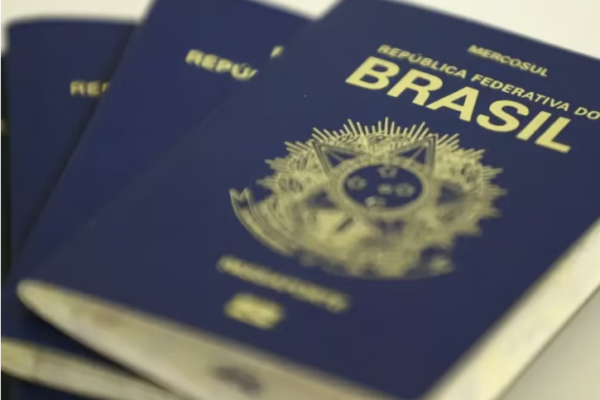In 2019, President Jair Bolsonaro removed the requirement for a tourist visa for travelers from the U.S., Australia, Canada, and Japan who were visiting Brazil. At the time, this decision caused some national discomfort, as there was no immediate reciprocity from these countries; in other words, none of them suspended their visa requirements for Brazilians at that moment.
However, beyond personal or diplomatic considerations, it is crucial to analyze the concrete results of this measure. One year after the implementation of this visa waiver, there was a significant 15.73% increase in the number of American, Canadian, Australian, and Japanese visitors to Brazil. According to data from the Ministry of Tourism, this increase generated an additional 450 million reais for the Brazilian economy in just one year.
Brazil, situated far from the epicenter of global power in the northern hemisphere, faces significant challenges in attracting tourists with high purchasing power. The geographical distance is not the only obstacle; domestic transportation infrastructure also presents difficulties. In a country of continental dimensions like ours, traveling from major cities to remote destinations, such as the Amazon, can be as expensive as a trip to Europe or North America.
According to the World Tourism Organization, measures that facilitate travel can increase the flow of tourists between countries by up to 25%. Although the lack of reciprocity may hurt national pride, it does not justify reversing the visa waiver. On the contrary, it is Brazil’s role, through diplomacy, to seek reciprocity and facilitate the entry of Brazilian tourists into other countries. The recent example of Japan’s decision to remove the visa requirement for Brazilian citizens in September 2023, after extensive negotiations, clearly demonstrates this.
It is no surprise that the reinstatement of visa requirements has been repeatedly postponed by President Lula. Initially scheduled for October 2023, it was moved to January 2024, and is now slated for April of this year. The reasons for these consecutive delays are evident: imposing obstacles on tourists during Brazil’s biggest festivities, such as New Year’s and Carnival, would drastically affect the tourism sector. Now, the new policy is set to take effect after Easter, if it is implemented at all.
Given the geographical distance between Brazil and the mentioned countries, imposing additional obstacles on tourists from nations with high purchasing power seems contradictory to the interests of promoting tourism and the country’s economy. Instead, it would be more sensible to adopt policies that facilitate the entry of foreign visitors, thereby promoting the development of the tourism sector and strengthening international ties. This way, perhaps one day, a Brazilian passport will be enough to enter any country in the world.


